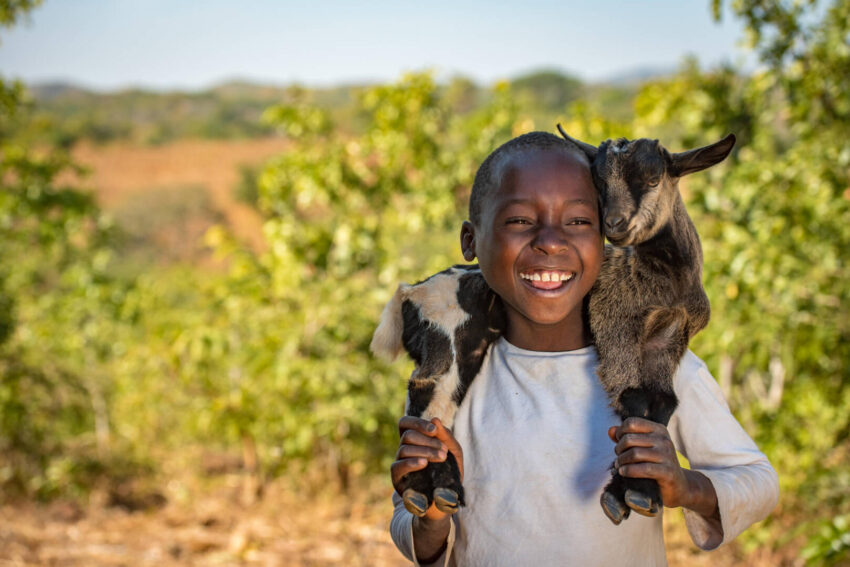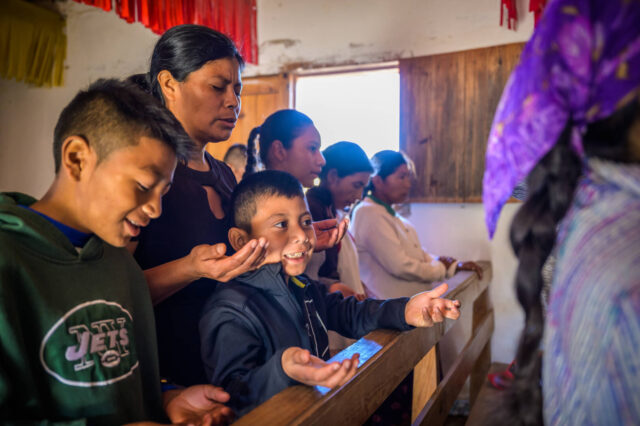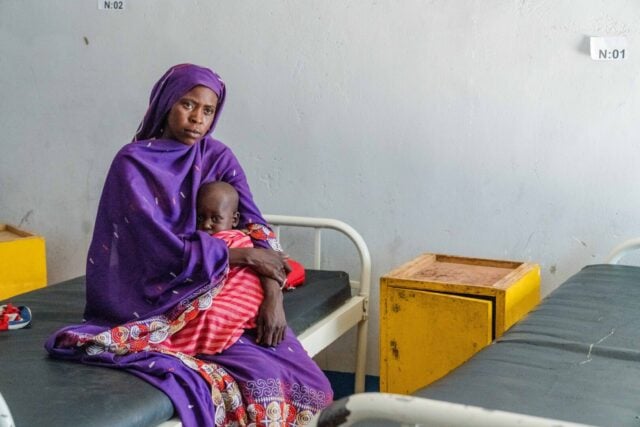Being the G.O.A.T. — Greatest Of All Time — Christmas gift is a mighty big claim for a small, furry animal, but goats have got it all. No kidding! We talked to farmers in Zambia about their goats, which they count as both a joy and a blessing. You’re bound to put goats at the top of your Christmas list when you see what these animal overachievers can do. Whether you give one goat or several — or a goat in combination with ducks, chickens, or other farm animals — the World Vision Gift Catalog has you covered this Christmas.
1. Goats make everyone happy.
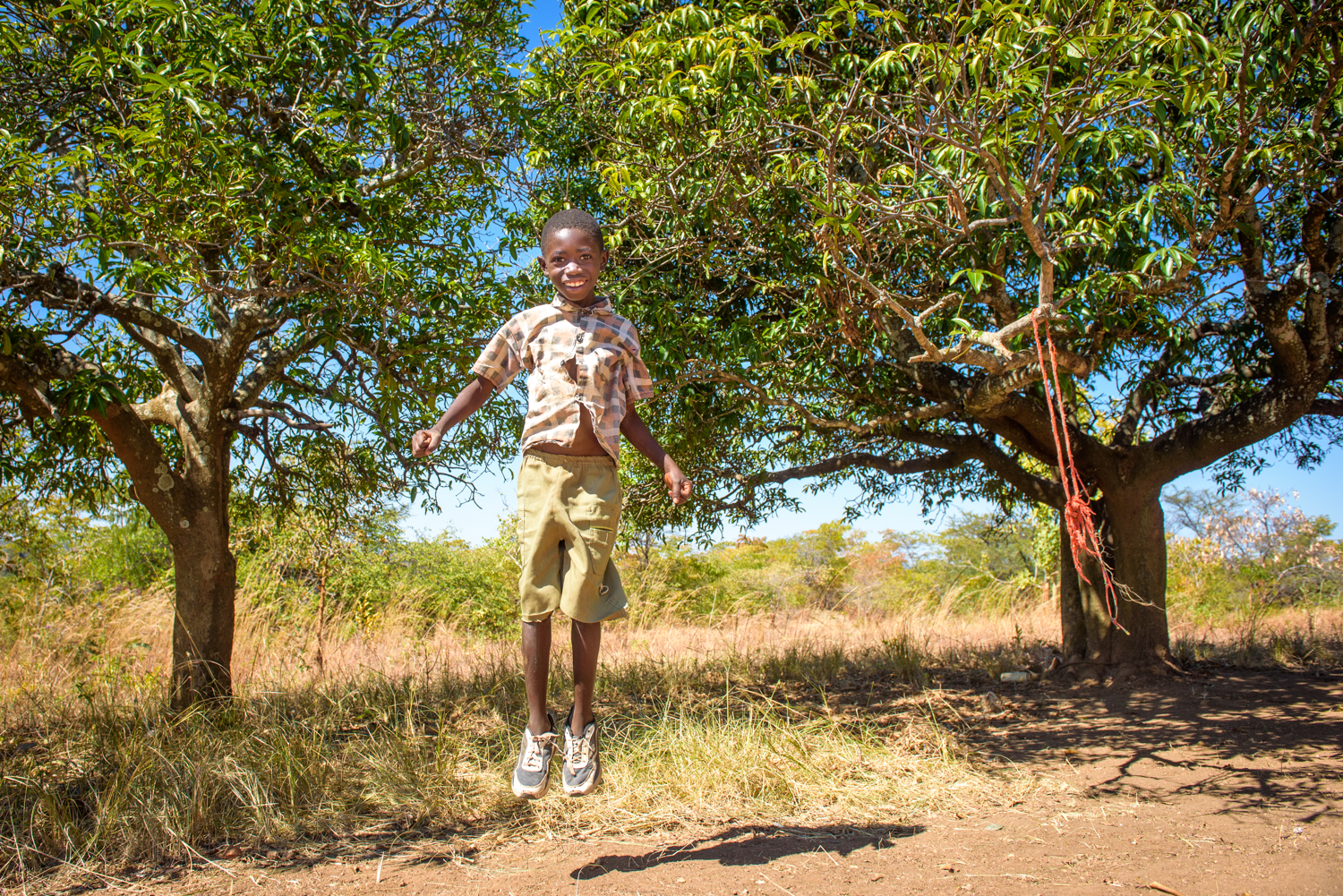
You’ll get a warm, fuzzy feeling when you donate a goat through the World Vision Gift Catalog, and so will the person who gets the free card explaining how you’ve honored them through the gift. Of course, the family that gets your goat will be thrilled to add a new, productive member to their livestock herd. “It’s God who blessed us with goats,” says Obvious Chimanamulilo, 41, a father of five. “It’s like a miracle to be among those supported.”
2. With goats, the size, color, and style are always right.
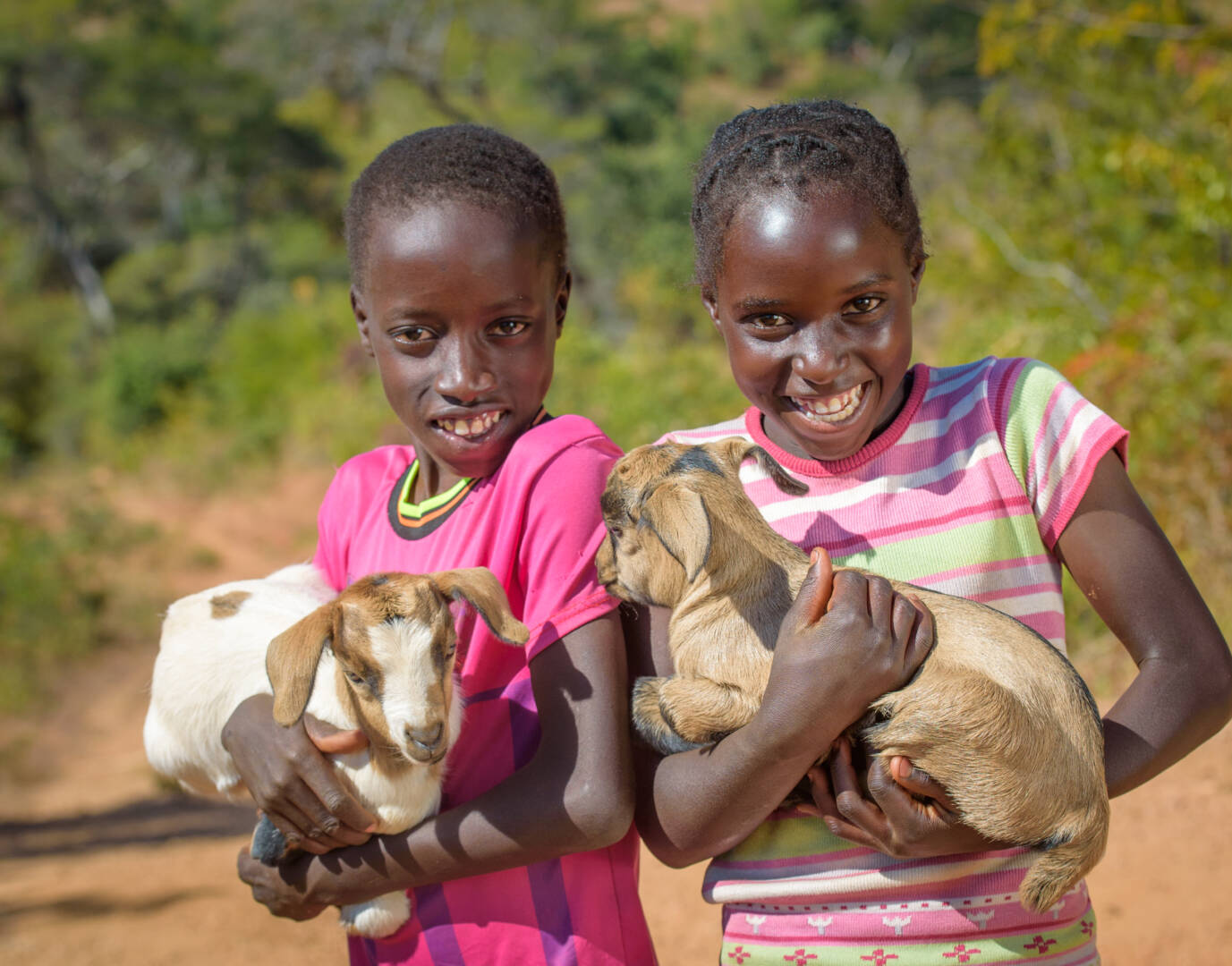
Families get goats to start or build a herd that can make a big difference in their economic well-being and resilience. Liza Nagampa, 38, says, “Goats make me happy. I look at raising goats like having money in the bank that grows.” Her twins, Oziah and Onicy, love the week-old twin goats that mama goat Mazi delivered. Onicy’s favorite goat is the independent twin that wanders off and does the opposite of what it’s supposed to do.
3. There’s no assembly required.
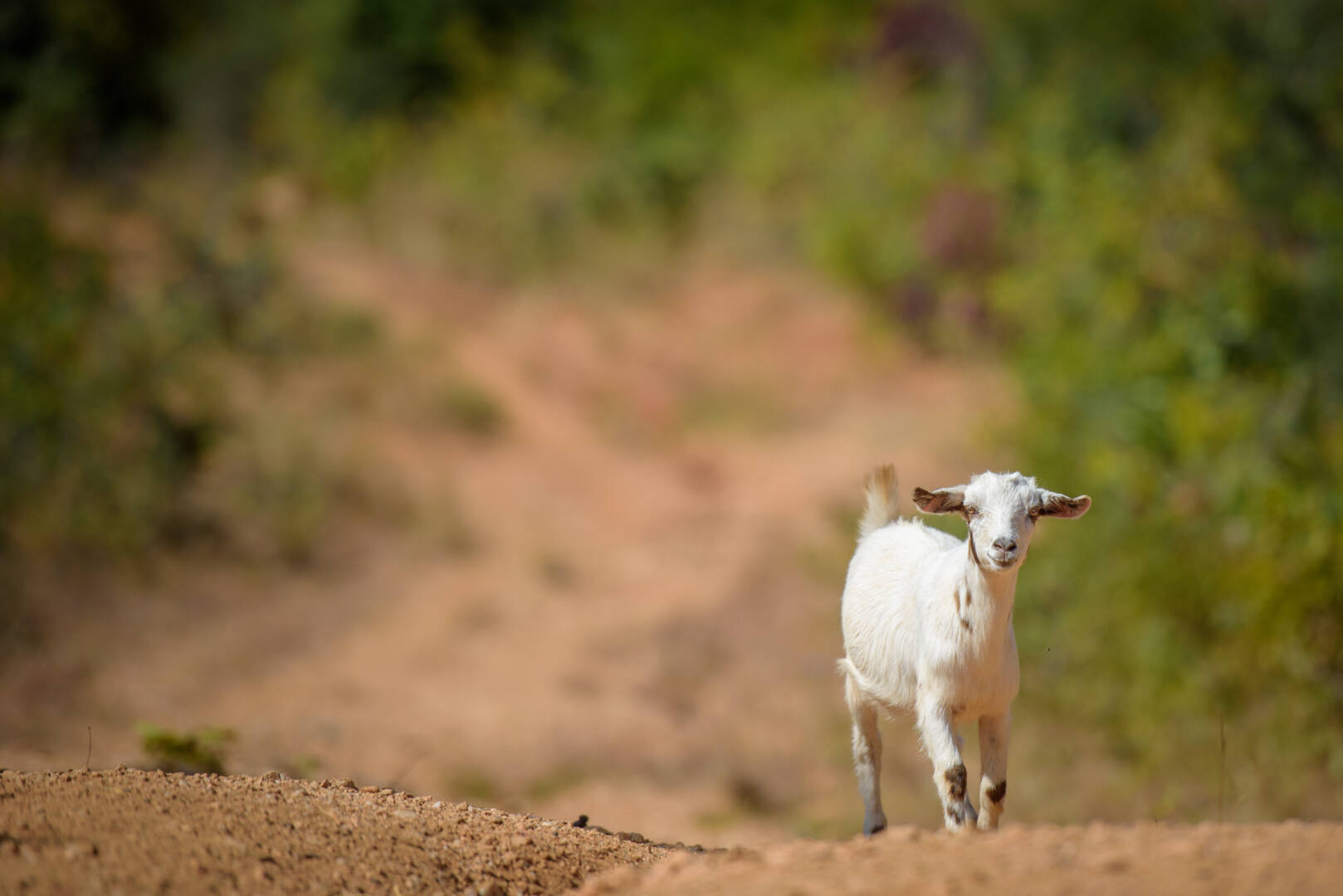
Goats have got it together. Mama goats take care of the babies. And when they get a little older, the young ones pretty much take care of themselves. They are browsers who eat practically anything, seldom get sick, and need little maintenance. “It’s not hard to keep goats, and it’s good to have them around your house,” says 9-year-old Better. Goats are problem-solvers, says his dad, Eliot, 41, because you can always sell one for cash. “You can never go wrong with goats!”
4. World Vision goats come with instructions.
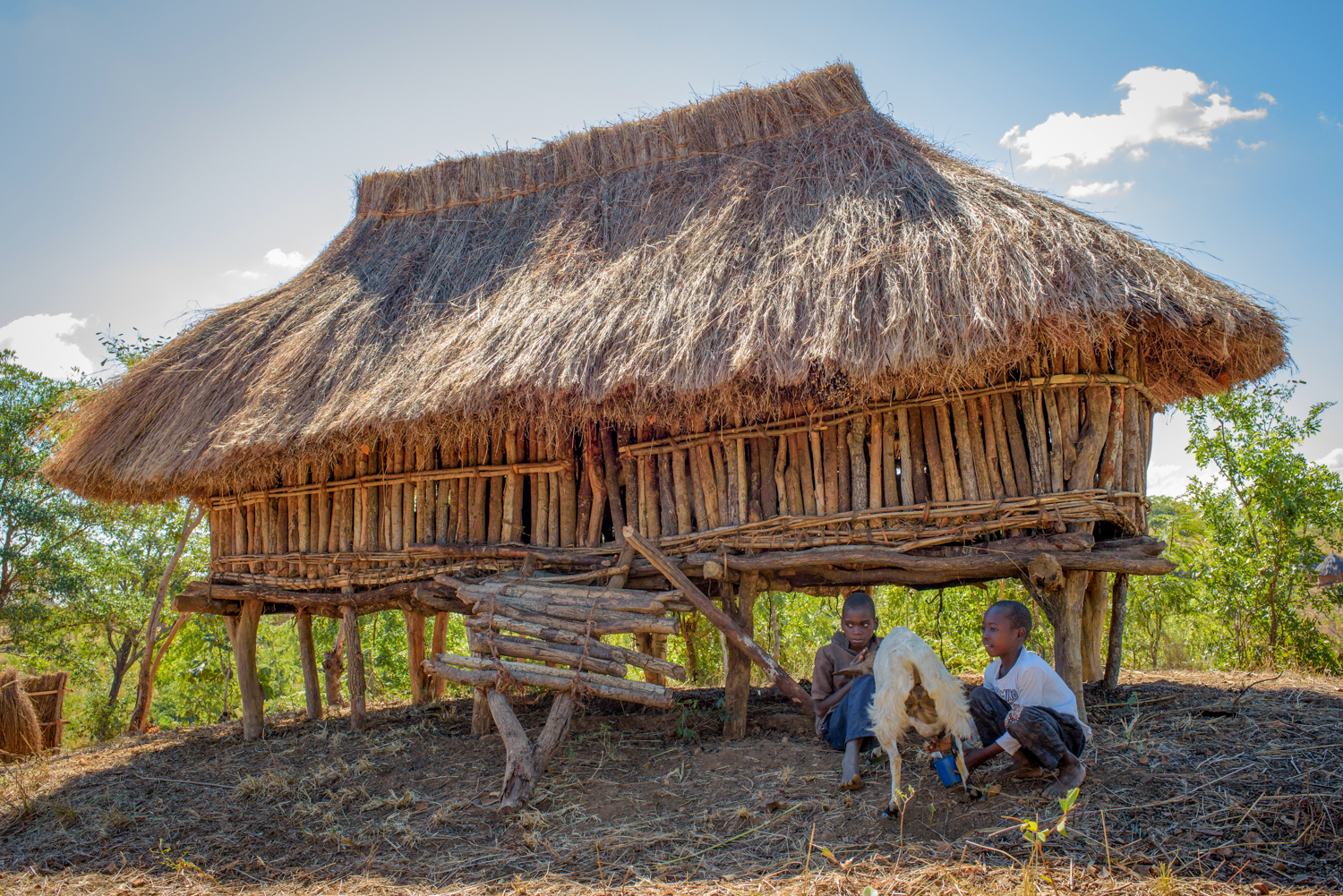
World Vision staff provide training in goat rearing, making a goat house, and basic goat healthcare for new goat owners. Atfellow Mainza, 47, a World Vision–trained community livestock assistant, cares for a herd of 30 goats. He advises and helps other local farmers with their animals. “When I see people in this community who don’t have goats, it’s a big problem because of the drought,” he says. Though drought has caused a lot of hunger in the community, his wife, Sheba Sibayumba, 42, says, “We look to goats to save us from that.”
5. Goats are the gift that keeps on giving.
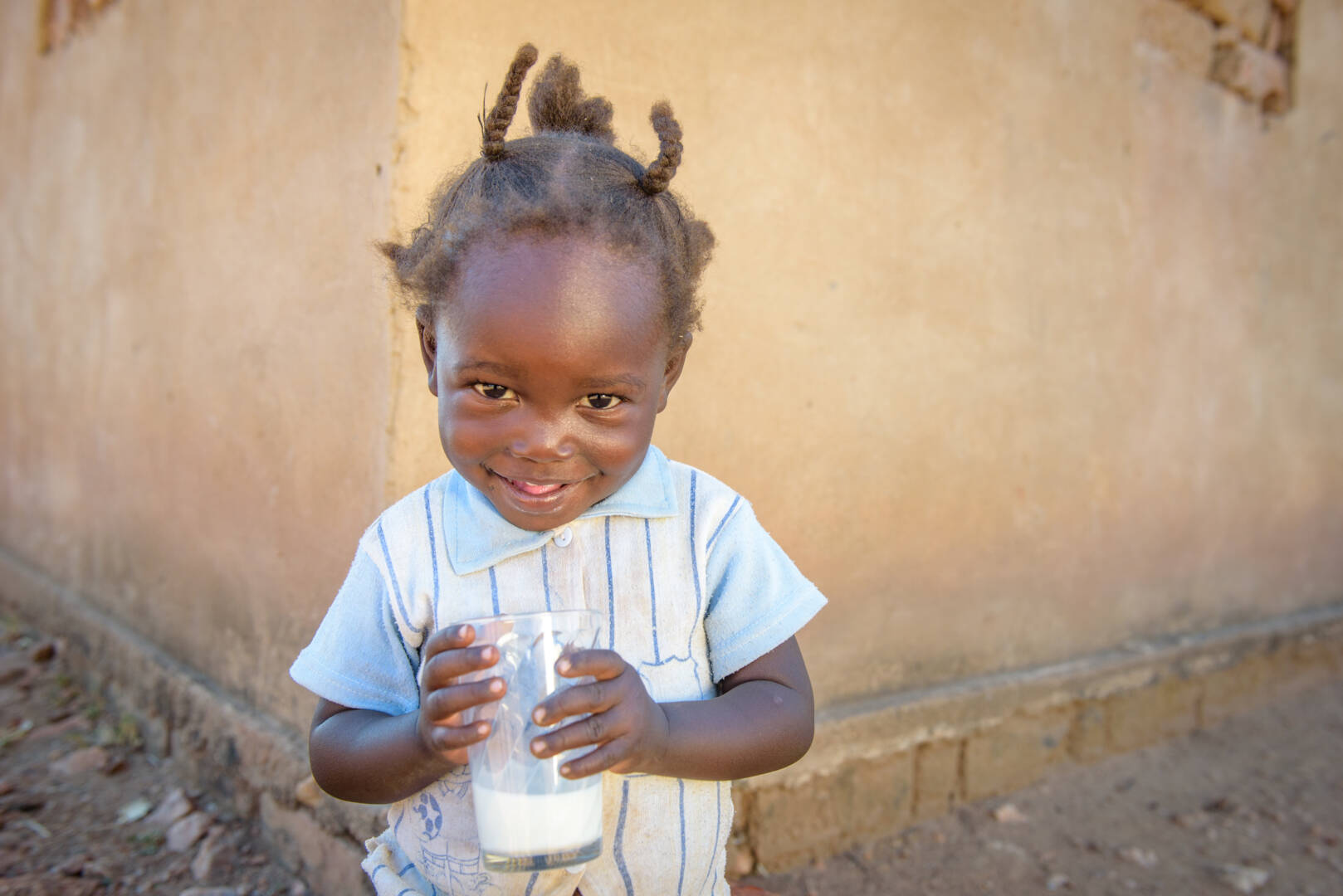
With just a few goats, families can enjoy drinking nutritious milk, making tasty cheese, and collecting crop-transforming goat manure to fertilize their gardens. With a growing herd, goats can be sold for school fees and to support other financial ventures. Families that receive goats from World Vision pledge to pay it forward by giving some of their goats’ offspring to others in the community. Passing along goats was an amazing experience for Eunice Siamooya, 35, and her husband, Diyo Choobwe, 45. “God has helped us to increase our goats and other livestock, so it was a blessing to be able to share them as a witness to Him,” says Eunice. Diyo is steadfast in his belief that “everything comes from goats.”
Laura Reinhardt of World Vision’s U.S. staff contributed to this story.
